The C4 Atelier
As a C4 Photo Safaris Guest, we welcome you to the C4 atelier - a free studio with unrestricted access to a wide array of learning resources to help you gain insight into photographic techniques, conservation matters and travel wisdoms.
Sign In
News
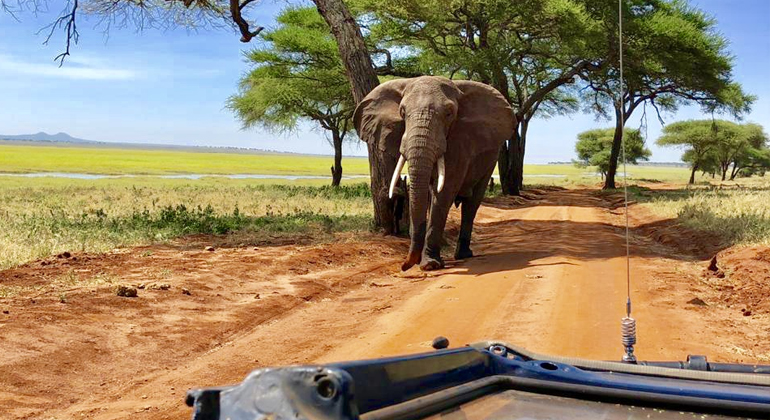
A Safari Guideline For Travel In Africa
Firstly, we would like to convey our sincere thanks to you for your commitment to a safari trip during these times. Ultimately it is not about us, but the lodges and the wildlife that need the support.
To the lodges it is imperative that the conservation and community programmes continue to survive and the deposits they currently have is what will make this possible.
Fortunately, as of 1 October 2020, the majority of the African continent is open and travel ready. This list it an update on what you need to know before planning on returning to Africa.
Air Travel
Most international commercial airlines are requiring that passengers produce a certificate of a negative COVID-19 test that has been conducted within 72 hours of departure. The same may be required when arriving at any transit airport / country. It is strongly advisable that all guests travelling, will be expected to adhere to full protective measures against the spread of COVID-19 and continuously monitor travel regulations and updates. Your safety and well-being are our main priority.
In this blog, we will cover the various destinations where we travel to and what the current protocols and health screening requirements are, and which countries are still closed for international travel.
On the African continent countries such as Kenya, Tanzania, Rwanda, Uganda, Namibia and Mauritius have all been accredited the WTTC Safe Travel Stamp for implementing standardised health and hygiene protocols, which meet WHO standards. Please kindly note that the information provided below are as of current regulations (updated on 8 October 2020) and subject to change without prior notice. We urge all travellers to check updates on international travel regularly.
1. Kenya
The Kenyan government resumed International Travel from 1 August 2020.
All travellers arriving in Kenya are to complete the Travelers Health Surveillance Form by the Ministry of Health (must be completed online prior to departure). Passengers will receive a QR code after completing the form and will be required to display it to a Port Health Official to proceed through immigration.
Currently all countries are allowed to travel to Kenya, but this is subject to change.
- All passengers on international flights must present a negative COVID-19 PCR test certificate on arrival, obtained no later than 96 hours prior to departure from their home country.
- Depending in the country of origin, some travellers may be required to Quarantine.
- Body temperatures must test below 37.5°C and travellers must have no other flu-like symptoms including, no continuous cough and no difficulty with breathing.
- Anyone who shows symptoms of COVID-19 on arrival will be required to quarantine in their accommodation for the first 14 days. Passengers seated within two rows of the passenger with the symptoms will be quarantined for testing at designated airport hotels. If the test results are negative, they will be allowed to leave the facility.
- Strict infection prevention and control measures have to be followed: social distancing, good hand hygiene, and the wearing of masks remain mandatory.
C4 Photo Safaris is running safaris at exceptionally low rates to Kenya. This is a rare opportunity to photograph one of the most iconic safari destinations (Masai mara) without the normal tourist traffic, at the most cost-efficient options possible.
C4 has selected very specific partners to keep you as safe as possible whilst on safari. Follow this link for our Kenya Travel Packages.
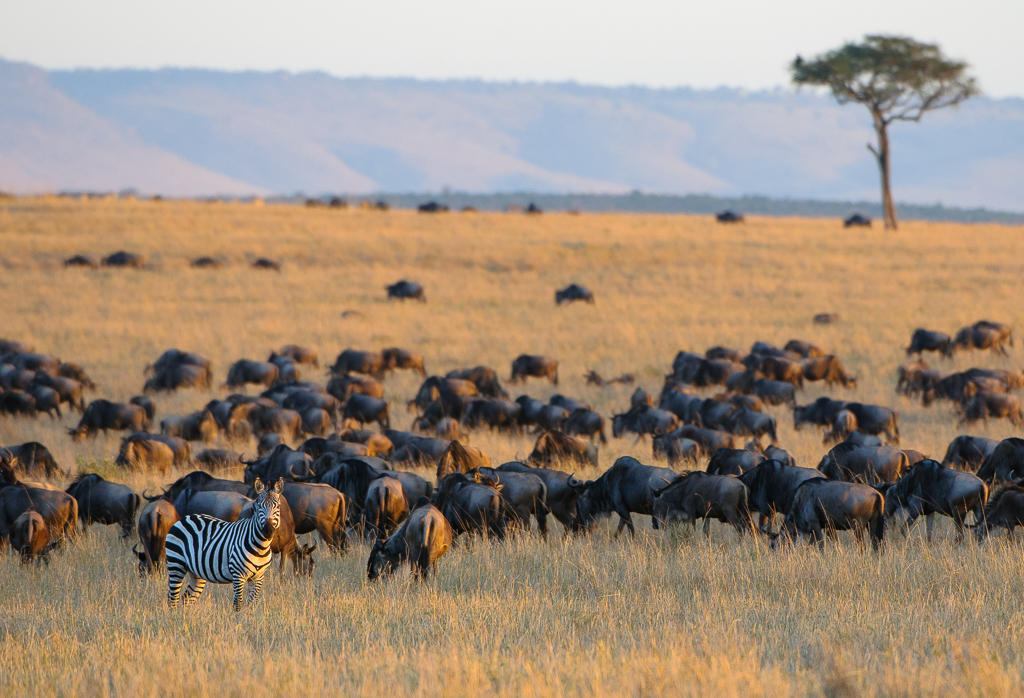
2. Tanzania
The Tanzanian government announced in May 2020 that it will lift the ban on international flights arriving and departing from the country. All hotels and other tourist facilities in the country must go through a COVID-19 certification process, and official documents must be placed at the entrances of all facilities. The Tanzanian government has also directed all the country’s tourism entities to appoint and adequately train COVID-19 liaison officers to be the point of contact with its Health Ministry. Travellers arriving in Tanzania showing any symptoms or signs of COVID-19 will be required to undergo enhanced health screening and may be tested for COVID-19, however there is no mandatory quarantine
Currently all countries are allowed to travel to Tanzania, but this is subject to change.
- If you are travelling with an airline that requires a negative COVID-19 certificate, or if your country of origin requires a negative COVID-19 certificate upon departure, then Tanzania will also request the certificate on arrival. All other travellers do not require a negative COVID-19 certificate, although it is recommended that all travellers have the certificate as a precautionary measure.
- Arriving travellers showing any symptoms or signs of COVID-19 will be required to undergo enhanced health screening and may be tested for COVID-19.
- Social distancing, hand sanitisation and the wearing of masks are mandatory.
Currently we are planning safaris into Tanzania and we have selected very specific partners to keep you as safe as possible on your trip. Follow this link for our special Serengeti Travel Packages.
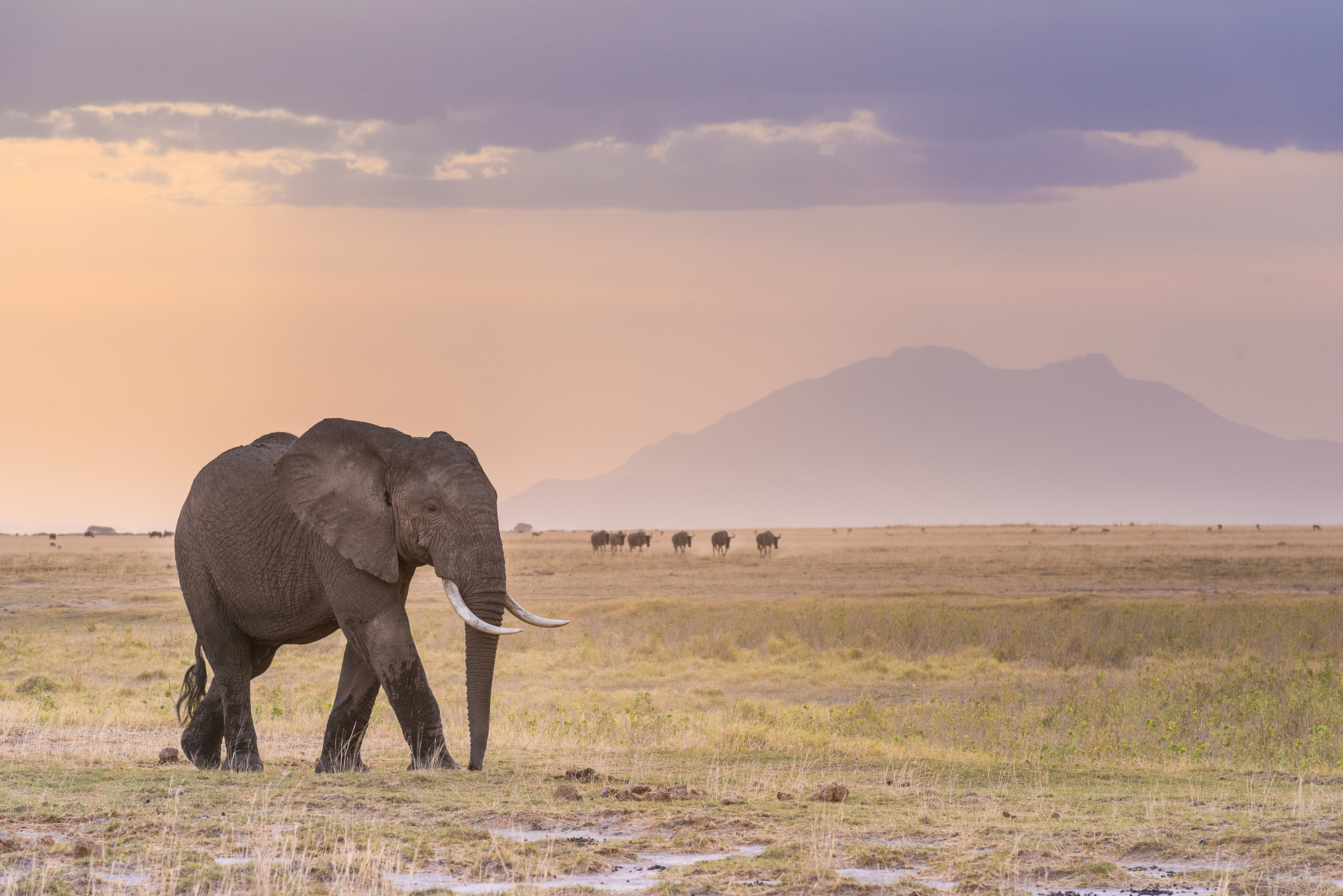
3. Namibia
Namibia announced the implementation of new protocols that will guide the country's international tourism restoration initiative as of 1 September 2020. This will signal the reopening of Hosea Kutako International Airport in Windhoek to international visitors. Entry to Namibia will only be allowed via Hosea Kutako airport.
Currently all countries are allowed to travel to Namibia, but this is subject to change.
- All passengers arriving on international flights must present a negative PCR COVID-19 test result, conducted within 72 hours of boarding the plane.
- All arriving travellers must submit their full itinerary on arrival.
- Mandatory quarantine is currently not required, but all visitors must be available for a swab test on day five (5) of their trip. You must then be reachable on day seven (7) to receive the results of the swabbing. If the result is negative, you may proceed with the rest of your itinerary. If the result is positive, you will be treated at isolation facilities authorised by the Ministry of Health and Social Services at their cost, and according to national case management guidelines.
- Social distancing, hand sanitisation and the wearing of masks are mandatory.

4. Central African Republic
Commercial flights have resumed but remain limited.
- Passengers must have a medical certificate with a negative COVID-19 test result issued no more than 7 days before arrival.
- Everyone will be subject to medical screening and quarantine for 14 days.
- Social distancing, hand sanitisation and the wearing of masks are mandatory.
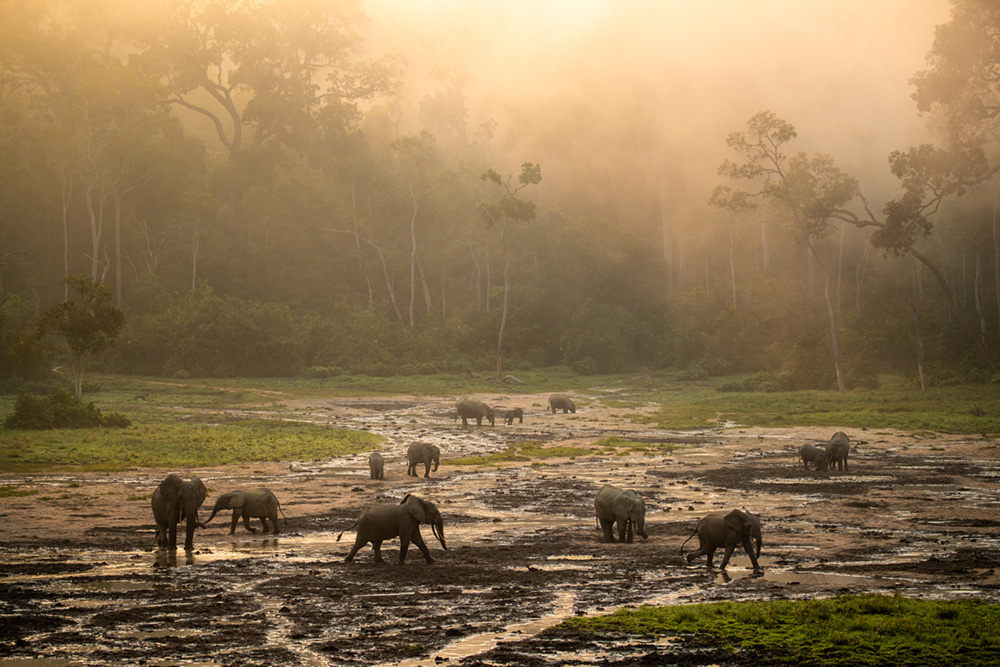
Image by Isak Pretorius
5. The Republic of the Congo
Airports reopened but are very limited. Travellers must submit a medical certificate with a negative COVID-19 PCR test result issued no more than 72 hours (3 days) before arrival and will have to pay for another COVID-19 test on arrival. Social distancing, hand sanitisation and the wearing of masks are mandatory.

6. Chad
Commercial flights to and from Chad have resumed but remain limited.
- All international travellers are required to present a negative COVID-19 test certificate, dated, no more than 7 days prior to arrival in Chad.
- Travellers will have their temperature screened upon arrival.
- Anyone with a fever will be moved to a hospital.
- Upon entering Chad, you will be required to surrender your passport, quarantine for 7 days and take a COVID-19 test on the 7th day. Passports will be returned upon presentation of the COVID-19 test receipt.
- Social distancing, hand sanitisation and the wearing of masks are mandatory.
Internal restrictions
- Quarantine measures are in place in the capital N’Djamena, banning entry and exit.
- It is compulsory to wear your face mask while outdoors, throughout the country with penalties including imprisonment for non-compliance.
.jpg)
Image by Kyle De Nobrega
7. Uganda
Uganda has released a tentative phased reopening schedule for all its land borders and the resumption of international passenger flights to Entebbe International Airport, effective 1 October 2020.
Arriving passengers:
- Arriving passengers must present a negative COVID-19 PCR test result from an accredited laboratory in their country of origin, issued within 72 hours of departure for Uganda.
- Mandatory quarantine is not required. Passengers who exhibit signs and symptoms of an infectious disease will be transported to an isolation centre for a COVID-19 test. Results will be available within 24 to 48 hours. If foreign nationals test positive for COVID-19 and wish to be repatriated to another facility outside Uganda, they can do so at their own cost and according to COVID-19 medical evacuation protocols.
- All visitors will undergo temperature checks and health screening on arrival.
- Visitors are expected to wear masks, maintain a social distance of 1.5 metres (5 feet) where possible, and practice good personal hygiene.
Departing passengers:
- Travellers are advised to arrive at the airport at least four hours before their scheduled flights.
- Passengers must present a negative COVID-19 PCR test result, issued within 120 hours of departing from Uganda.
- Travellers will undergo temperature checks and health screening.
- Travellers who are not expected to present a negative COVID-19 test certificate in their destination country must ensure they have special clearance from their destination country to board an airplane.
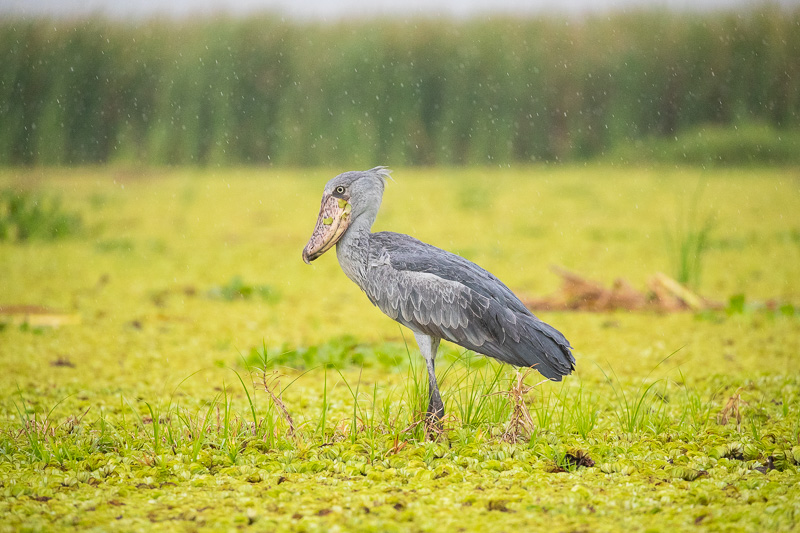
Image by Andre Cloete
8. Zambia
Zambia is open to foreign nationals. Limited domestic flight schedules are operating twice weekly between Kenneth Kaunda International Airport and Mfuwe International Airport.
- All arriving passengers must have a certificate of a negative COVID-19 test that has been conducted within 14 days of arriving in Zambia.
- All international visitors are screened on arrival. If you show any signs of COVID-19, you will have to undergo mandatory quarantine for 14 days.
- Visitors will be expected to adhere to COVID-19 regulations like physical distancing, wearing face masks, and personal hygiene. They will also need to monitor themselves daily for 14 days post arrival for symptoms of the virus and report any occurrence to the nearest health facility.
Arrival procedures at the Airports
- Traveller Health Questionnaires will be provided to all airlines entering Zambia. The questionnaires will be provided on-board for passengers to complete before disembarkation, and to be surrendered to health staff on the ground at the airport.
- Symptomatic travellers with body temperatures equal to or above 38°C will be tested at the airport. Additionally, if a traveller conveys other symptoms such as cough, shortness of breath/difficulty in breathing, sore throat or headache – they will be quarantined in specific institutions designated by the Ministry of Health until their results are produced.
- Travellers who test positive will be managed according to the National Case Management Guidelines.
- Travellers without fever but with other symptoms will be assessed to determine need for testing.
- Random testing for quality assurance purposes will be conducted randomly on selected passengers presenting negative results.

Image by Kyle De Nobrega
9. Zimbabwe
The Zimbabwean government announced the reopening of the country's international tourism sector on 1 October 2020.
- Upon arrival into Zimbabwe, all travellers will be required to undergo COVID - 19 PCR testing at the travellers own expense of USD $60.00. Travellers can bring their own tests but will be required to undergo testing regardless. **Kindly note that this information is subject to change at any point.
- All travellers will undergo health screening and temperature testing.
- Mandatory quarantine is not required, unless travellers show symptoms of the virus or don't have a negative COVID-19 PCR test certificate on arrival – they are then required to stay at a designated isolation facility for 7 days, then self- isolate for another 7 days.
- Social distancing, hand sanitisation and the wearing of masks are mandatory.

10. Gabon
International flights have resumed with limitations. Travellers are required to present a COVID-19 negative test on the way into the country dated 5 days or fewer before date of departure. Visitors will be expected to adhere to COVID-19 regulations like physical distancing, wearing face masks, and personal hygiene. Mandatory quarantine may be required.
Arriving at Libreville Airport - All arriving passengers are required to follow the COVID-19 prevention measures as below:
International
- Present a negative PCR test report for Covid-19, dated 5 or fewer days before the date of departure.
- Upon arrival in Libreville go through compulsory COVID-19 test at the COVID-19 screening centre at the Libreville arrival hall.
- Remain in self-isolation at home until the result of the test is communicated.
- Complete the COVID-19 registration form.
- Body temperatures must test below 37.5°C and travellers must have no other flu-like symptoms including, no continuous cough and no difficulty breathing during health screening.
- Social distancing, hand sanitisation and the wearing of masks are mandatory.
Domestic
- Present a negative PCR test report for Covid-19, dated 5 or fewer days before the date of departure; required from cities declared high risk by the authorities managing the response to COVID-19
- Complete the COVID-19 registration form.
- Submit your luggage through the disinfectant process implemented by the terminal entrance.
- Body temperatures must test below 37.5°C and travellers must have no other flu-like symptoms including, no continuous cough and no difficulty breathing during health screening.
- Social distancing, hand sanitisation and the wearing of masks are mandatory.
Departures from Libreville Airport - To comply with health measures, the processing time for departure formalities will be longer. Please arrive at the airport at least three hours before your scheduled departure time for a seamless journey.
Before boarding, all departing passengers are required to follow the COVID-19 prevention measures as below:
- · Present a negative PCR test report for Covid-19, dated 5 or fewer days before the date of departure:
For international flights: only if required by the destination country – For domestic flights: required from Libreville
- Body temperatures must test below 37.5°C and travellers must have no other flu-like symptoms including, no continuous cough and no difficulty breathing during health screening.
- Complete the COVID-19 registration form.
- Submit your luggage through the disinfectant process implemented by the terminal entrance.
For traveller’s safety, the departing passenger route has been reorganized:
- Restricted entry to Public Hall -only passengers can access the terminal by presenting the valid travel documents at the Police checkpoint while meeting health check criteria. Body temperatures must test below 37.5°C and travellers must have no other flu-like symptoms including, no continuous cough and no difficulty breathing during health screening.
- Passengers cannot exit the terminal after check-in formalities and will have to proceed for other formalities like immigration, security etc.
- Social distancing, hand sanitisation and the wearing of masks are mandatory.
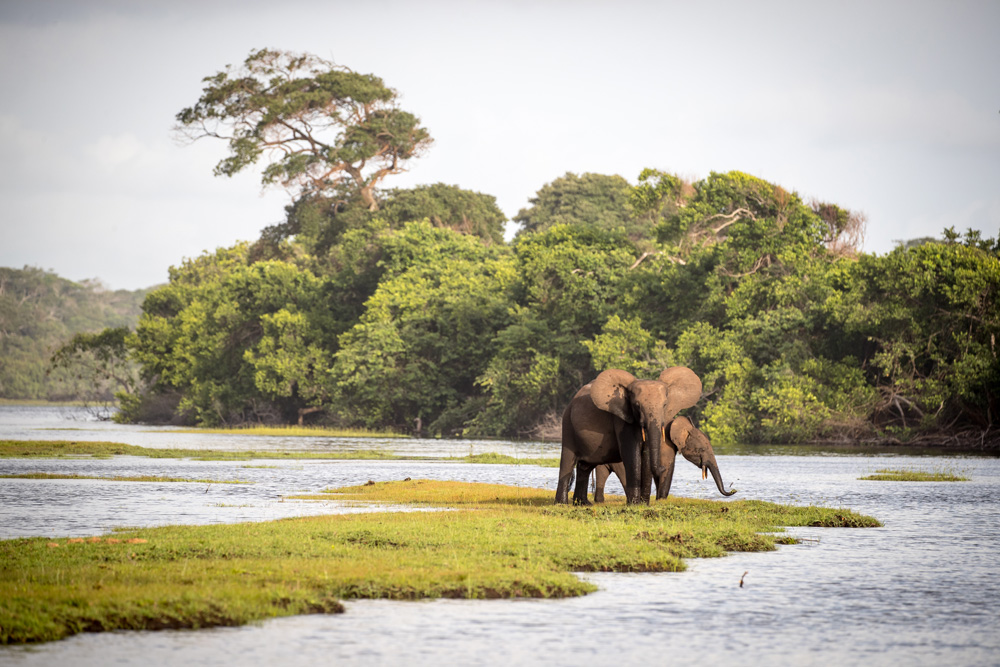
Image by Isak Pretorius
12. Ethiopia
To enter Ethiopia, you'll need a negative COVID (PCR) test and have to self-isolate for 7 days upon arrival. Wear a mask when out in public and practise physical distancing.
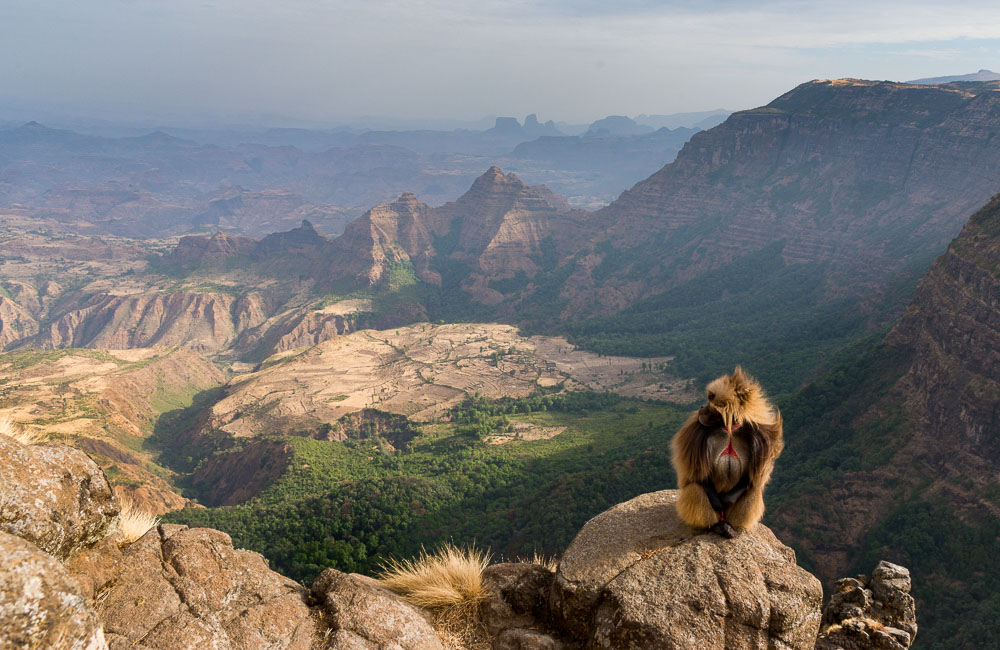
13. South Africa
As of 01 October 2020, South African borders started re-opening, and while we look forward to welcoming tourists back, the opening of our borders comes with a caveat as a Risk Adjusted Approach is being adopted. This is due to be updated every two weeks, and we will update this page accordingly.
- Travellers must present a negative COVID-19 test result on arrival, conducted within 72 hours of arrival in South Africa.
- Visitors will be requested to download a government contact-notification app on arrival.
- Travellers arriving without a negative COVID-19 test result will be required to quarantine at their own cost.
- All travellers will be screened on arrival and those who show any symptoms of COVID-19 will be required to quarantine until they test negative for COVID-19.
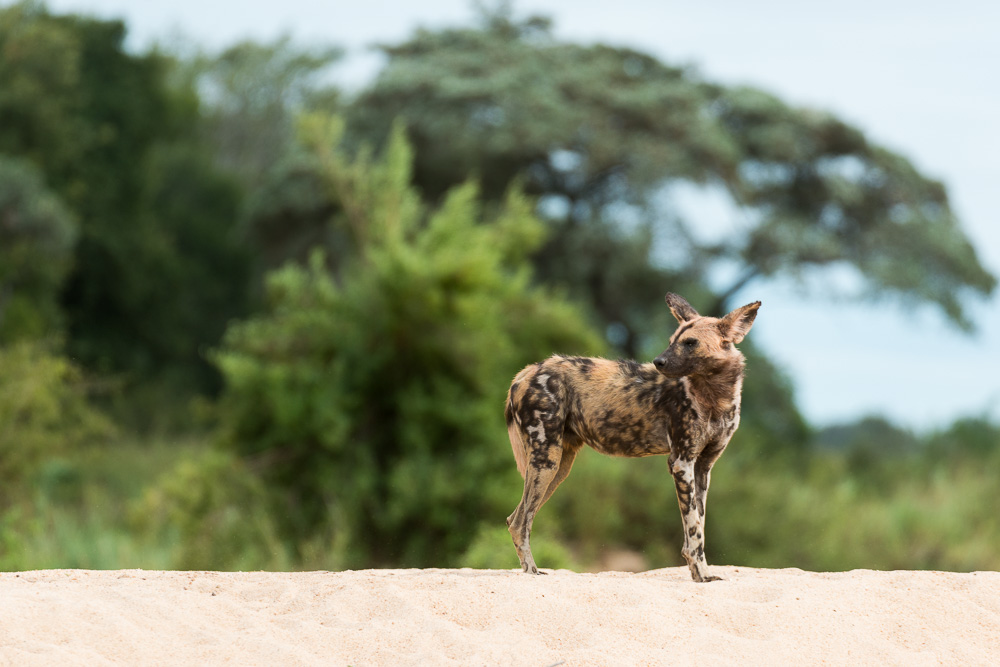
Countries not yet open for international travel and awaiting further information
14. Botswana
Botswana has closed its borders except to essential workers, citizens and residents until further notice. Anyone permitted to enter will be tested for COVID-19 and subject to 14-day quarantine in government facilities. There are currently no commercial flights in to or out of Botswana.
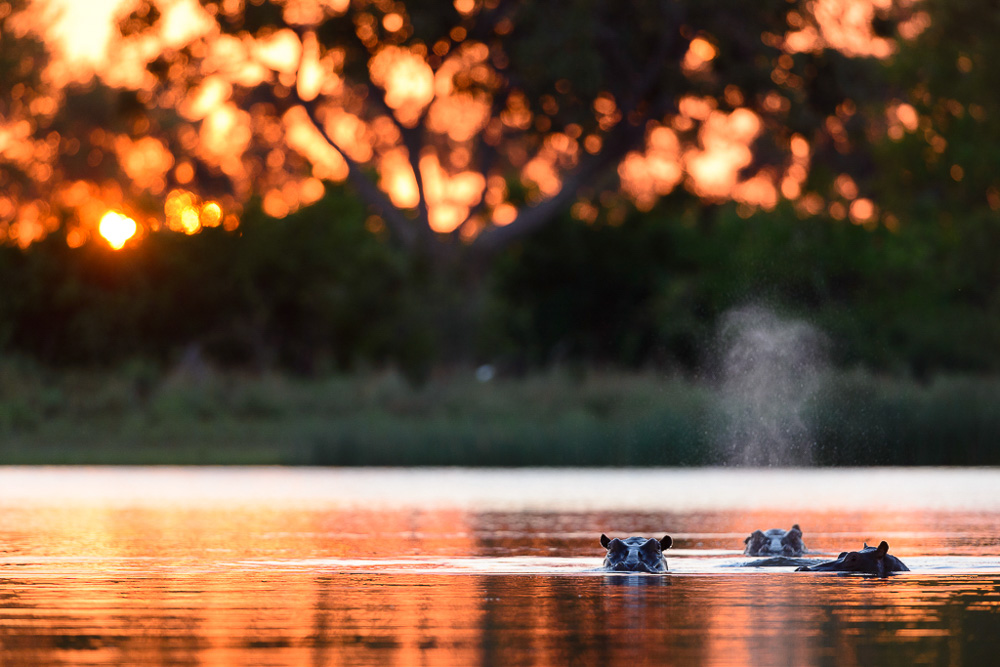
Before travelling and obtaining your travel insurance, we urge you to please check your government travel warnings and health advice – there may be no travel insurance cover for locations with a government travel ban or health advice against travel.
If you are able, come and join us in Africa. It has been waiting for you.
